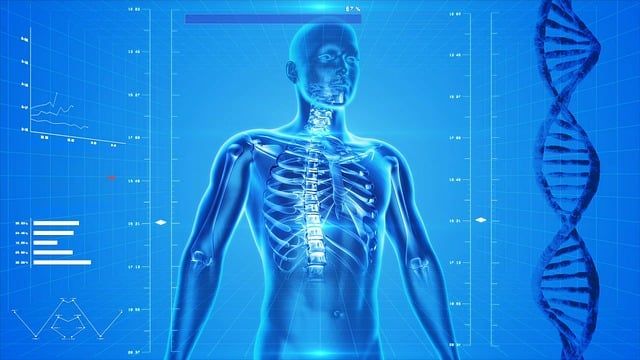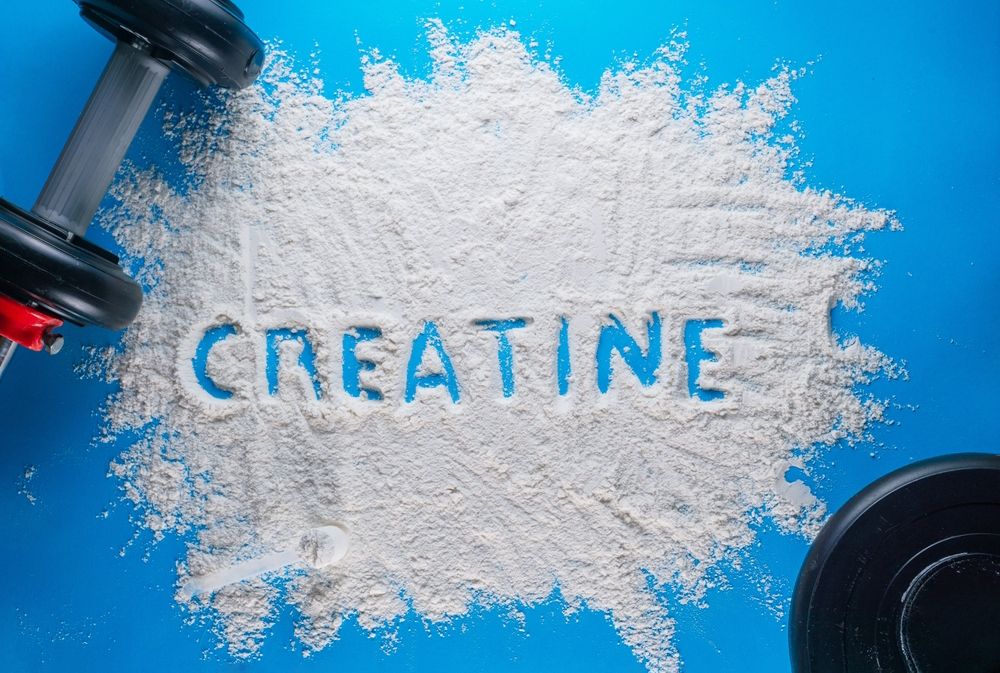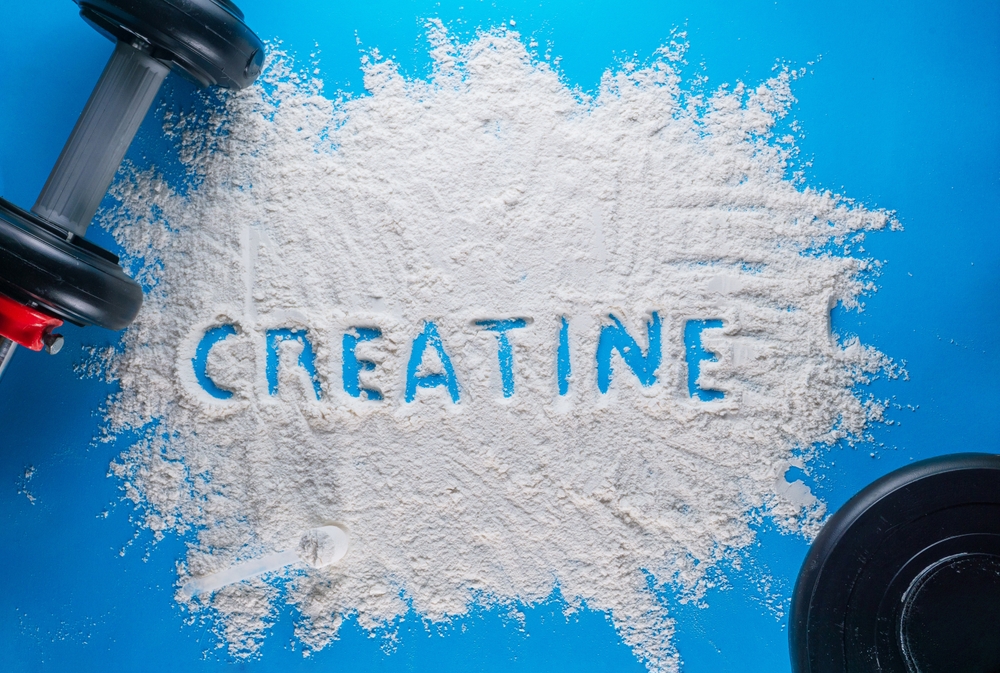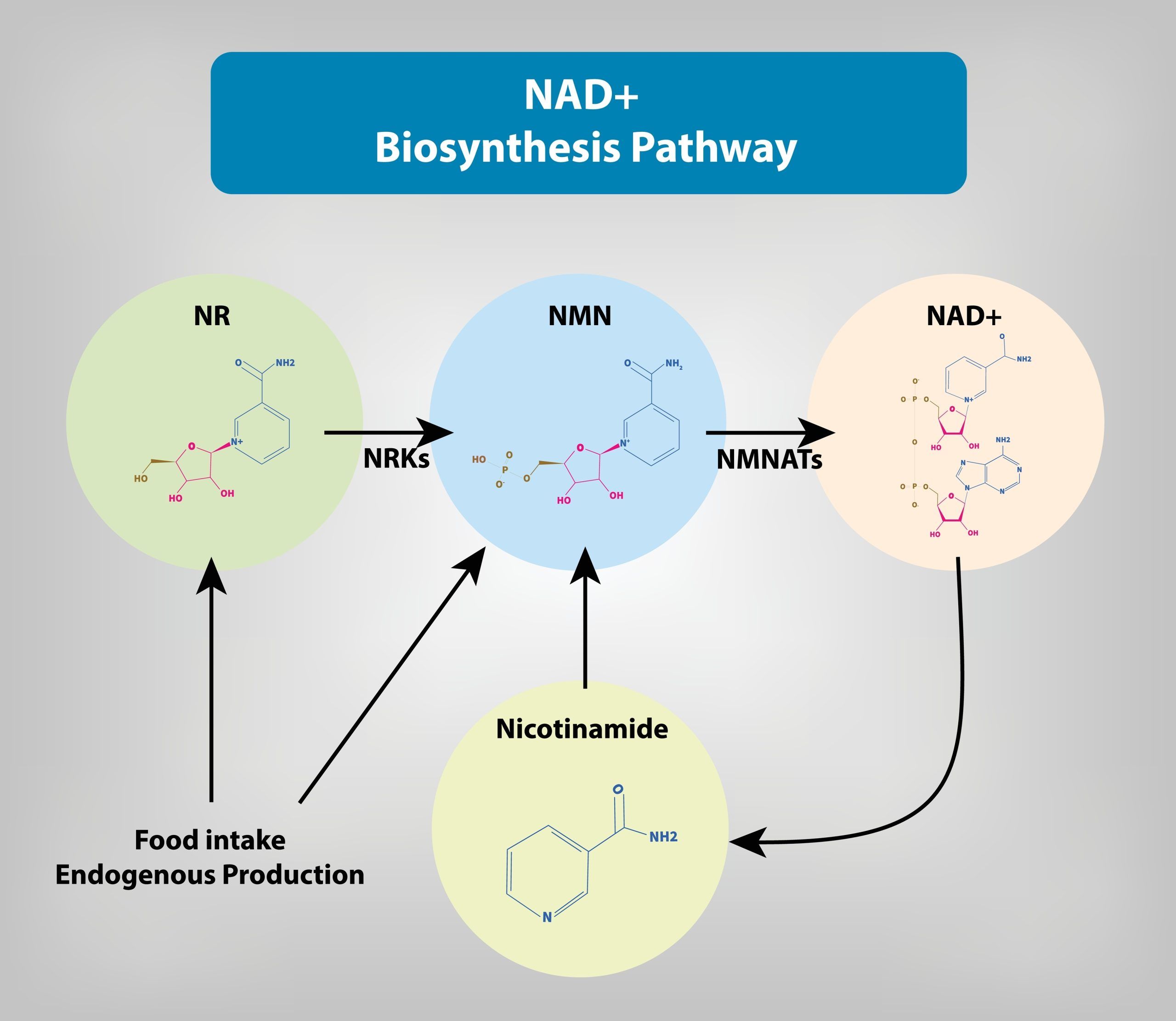The Surprising Health Benefits of NAD Supplementation for Longevity
In recent years, there has been increasing interest in the potential health benefits of NAD supplementation. NAD, or Nicotinamide Adenine Dinucleotide, is a vital molecule found in every cell of the body. It plays a crucial role in various biological processes, including energy production, DNA repair, and cell signaling. By understanding the role of NAD in the body and exploring its potential benefits, you can unravel the incredible impact of NAD supplementation on your health.
ALT TXT IMG: Beautiful sunset
Understanding NAD and Its Role in the Body
NAD, short for Nicotinamide Adenine Dinucleotide, is a coenzyme present in all living organisms’ cells. Its presence is vital for the proper functioning of the body, as it plays a crucial role in various biological processes.
The Biological Importance of NAD
NAD’s primary function is to facilitate redox reactions in metabolism. When you consume food, your body breaks it down into smaller molecules, such as glucose. NAD then acts as a catalyst, helping convert the energy from these molecules into a form that cells can use. This process is essential for the production of adenosine triphosphate (ATP), the molecule responsible for providing energy to your cells.
But NAD’s significance doesn’t stop there. It is also involved in other essential biological processes that are crucial for your overall health and well-being.
How NAD Functions in the Body
Aside from its role in energy production, NAD serves as a substrate for enzymes that play a crucial role in DNA repair. DNA, the genetic material that carries the instructions for your body, can get damaged due to various factors, such as exposure to harmful chemicals or radiation. NAD helps activate enzymes that repair this damage, ensuring the integrity of your genetic material.
In addition to DNA repair, NAD is also involved in regulating gene expression. Genes are segments of DNA that contain the instructions for creating proteins, the body’s building blocks. NAD helps regulate the activity of certain genes, influencing which proteins are produced and when. This process is crucial for maintaining the proper functioning of cells and ensuring that the body works as it should.
Furthermore, NAD plays a role in cell signaling, which is the process by which cells communicate with each other. It helps activate proteins called sirtuins, which are involved in various cellular processes, including aging, inflammation, and metabolism. By influencing the activity of these proteins, NAD helps regulate these processes and maintain your bodies’ overall balance and health.
In conclusion, NAD is a coenzyme essential for your body’s proper functioning. Its role in facilitating redox reactions for energy production, DNA repair, gene expression regulation, and cell signaling highlights its significance in maintaining overall health and well-being. Understanding the importance of NAD can help you appreciate the intricate mechanisms that keep your body functioning optimally.
The Science Behind NAD Supplementation
NAD supplementation involves introducing exogenous NAD into the body through various methods, such as oral supplements. Increasing the levels of NAD in the body is believed to enhance the beneficial effects associated with NAD.
The Process of NAD Supplementation
NAD supplementation can be achieved through different approaches. One common method is oral supplementation, where NAD precursors like nicotinamide riboside (NR) or NAD+ precursor are ingested. These precursors are then converted into NAD within the body, replenishing NAD levels.
When taken orally, NAD precursors undergo a series of enzymatic reactions in the body to convert into NAD. This conversion process involves multiple steps, including phosphorylation and adenylation, which ultimately result in the formation of NAD. Once NAD is generated, it can be utilized by various enzymes and pathways in the body to support cellular functions.
The Impact of NAD Supplementation on Cellular Health
Studies have shown that NAD supplementation can have a positive impact on cellular health. It has been found to enhance mitochondrial function, promote DNA repair, and improve cellular resilience against oxidative stress. These effects can contribute to overall cellular health and function.
Mitochondria, often referred to as the powerhouses of the cell, play a crucial role in energy production. NAD is an essential coenzyme in the mitochondria that is involved in key metabolic processes, such as the citric acid cycle and oxidative phosphorylation. By increasing NAD levels, mitochondrial function can be optimized, leading to improved energy production and cellular vitality.
NAD is also involved in DNA repair mechanisms essential for maintaining genomic stability. DNA damage can occur due to various factors, including exposure to environmental toxins, radiation, and normal metabolic processes. NAD-dependent enzymes, such as poly(ADP-ribose) polymerases (PARPs), are critical in repairing damaged DNA. DNA repair processes can be supported by ensuring an adequate supply of NAD, reducing the risk of genomic instability and potential health consequences.
Furthermore, NAD supplementation has been shown to enhance cellular resilience against oxidative stress. Oxidative stress occurs when there is an imbalance between the production of reactive oxygen species (ROS) and the body’s antioxidant defense mechanisms. ROS can cause damage to cellular components, including proteins, lipids, and DNA. NAD-dependent enzymes, such as sirtuins, play a role in regulating oxidative stress response pathways and promoting cellular survival. By increasing NAD levels, these enzymes can be activated, enhancing the cellular defense against oxidative stress.
In conclusion, NAD supplementation offers a promising avenue for improving cellular health and function. Increasing NAD levels can have beneficial effects on mitochondrial function, DNA repair, and cellular resilience against oxidative stress. Further research is still needed to fully understand the mechanisms underlying NAD supplementation and its potential applications in promoting overall well-being.
Exploring the Health Benefits of NAD Supplementation
NAD Supplementation and Aging
“Scientists have demonstrated that boosting NAD+ back to youthful levels can rejuvenate old cells back to a state of youth, leading to multiple beneficial effects,” Dr. Nichola Conlon, Molecular Biologist
One of the most intriguing areas of research is the potential of NAD supplementation to slow down the aging process. NAD, short for Nicotinamide Adenine Dinucleotide, is a coenzyme found in all living cells. It plays a crucial role in various biological processes, including DNA repair, cellular energy production, and maintaining the health of mitochondria, the powerhouses of our cells.
As you age, NAD levels naturally decline, which is associated with various age-related conditions such as cardiovascular diseases, neurodegenerative disorders, and metabolic dysfunction. By replenishing NAD levels through supplementation, scientists believe that the progression of these age-related diseases can be slowed, promoting healthy aging.
Research studies have shown promising results in animal models, where NAD supplementation has been found to improve lifespan and delay the onset of age-related diseases. These findings have sparked interest in exploring the potential benefits of NAD supplementation in humans.
ALT TXT IMG: Workout gear
NAD Supplementation and Energy Levels
NAD plays a vital role in energy production within cells. It is a key component in the process of converting nutrients from your diet into adenosine triphosphate (ATP), the molecule that provides energy for all cellular activities. As NAD levels decline with age, your cells’ ability to produce ATP efficiently decreases, leading to fatigue and decreased energy levels.
Studies have shown that NAD supplementation can improve energy levels by supporting mitochondrial function and ATP production. By replenishing NAD levels, the cellular energy production process can be optimized, providing a natural boost to overall vitality. This can potentially help combat fatigue and enhance physical performance, allowing individuals to maintain an active and energetic lifestyle.
Furthermore, NAD supplementation has been found to enhance exercise performance and endurance in animal studies. By improving mitochondrial function and increasing ATP availability, NAD supplementation may help athletes and fitness enthusiasts push their limits and achieve better results.
NAD Supplementation and Cognitive Function
Emerging research suggests that NAD supplementation may have positive effects on cognitive function and brain health. NAD is involved in maintaining the integrity and functionality of neurons, the cells responsible for transmitting information in the brain.
In aging, cognitive decline becomes a common concern, with conditions such as Alzheimer’s disease and other neurodegenerative disorders affecting millions of people worldwide. Studies have shown that NAD levels decline in the brains of individuals with these conditions, indicating a potential link between NAD deficiency and cognitive decline.
By optimizing NAD levels through supplementation, it is believed that cognitive decline associated with aging and neurodegenerative conditions may be mitigated. Animal studies have demonstrated improved memory and cognitive function with NAD supplementation, providing hope for potential therapeutic interventions in humans.
Furthermore, NAD supplementation has shown promise in improving mood and reducing symptoms of depression and anxiety in preclinical studies. These findings suggest that NAD may play a role in regulating neurotransmitters and promoting overall mental well-being.
While the research on NAD supplementation and its effects on aging, energy levels, and cognitive function is still in its early stages, the potential benefits are exciting. As scientists continue to unravel the intricacies of NAD biology, further studies and clinical trials will provide a better understanding of its therapeutic potential and optimal usage.
Potential Side Effects and Considerations for NAD Supplementation
Understanding the Potential Risks
While NAD supplementation holds promise, it is essential to consider potential risks. As with any intervention, there may be side effects or interactions with medications. Consulting with a healthcare professional before starting NAD supplementation is crucial to ensure its safety and effectiveness.
Who Should Consider NAD Supplementation?
NAD supplementation may be beneficial for individuals experiencing age-related decline, low energy levels, or cognitive impairment. It may also be considered by those seeking to optimize their overall health and well-being. However, it is crucial to consult with a healthcare professional to assess individual needs and determine the suitability of NAD supplementation.
The Future of NAD Supplementation
Ongoing Research in NAD Supplementation
The field of NAD supplementation is still relatively new, and ongoing research continues to shed light on its potential benefits. Studies are exploring the different forms of NAD supplementation, optimal dosages, and its impact on specific health conditions. The future holds great promise for further unlocking the mysteries of NAD and its potential applications.
The Potential of NAD Supplementation in Medicine
As the understanding of NAD and its role in the body deepens, there is increasing excitement about its potential medical applications. NAD supplementation may offer new avenues for treating age-related diseases, metabolic disorders, and neurodegenerative conditions. The potential for personalized medicine based on NAD supplementation is an area that presents exciting opportunities for the future.
Conclusion
In conclusion, NAD supplementation holds incredible potential in promoting health and well-being. From its essential role in energy production to its influence on cellular health and cognitive function, NAD supplementation has demonstrated promising effects. However, it is crucial to approach NAD supplementation with caution and consult with a healthcare professional to ensure its safe and appropriate use. As the field of NAD research continues to evolve, it is exciting to contemplate the future possibilities that NAD supplementation may unlock in improving our overall health and quality of life. Get your NAD optimized with Vitality Boost!
Lastly, if you’re interested in going deeper on health-related content, here are a few of our recent posts that you may want to read:
- 9 Powerful Benefits of Optimizing Your NAD
- What Does Peak Performance Look Like?
- Why Optimized, Precision Medicine is the Future
- Andrew Huberman is Wrong About NAD, NAD+ precursor & Longevity
P.S. Want to boost your intracellular NAD levels? Try a 2 week trial of our Jinfiniti Vitality Boost (do 2 scoops per day), use the discount code Blog15 if you’re a new customer for 15% off your 1st order)












